Poetry Corner: All of Us or None by Bertolt Brecht
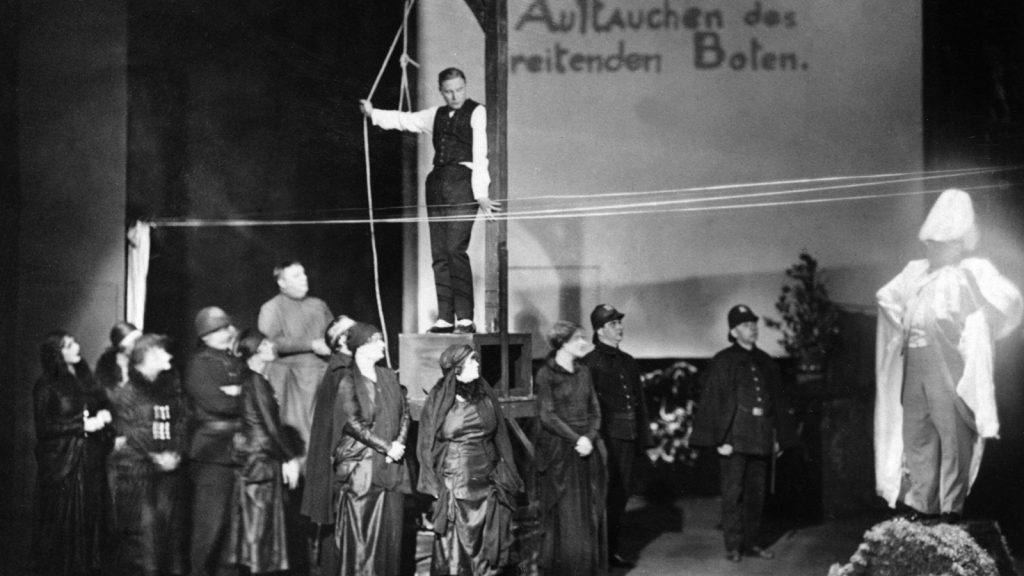
All of Us or None by Bertolt Brecht.
Bertolt Brecht was a German Marxist poet, playwright and theatre director. Brecht lived through a turbulent era. Narrowly avoiding conscription at 16 during World War One, he worked prodigiously through throughout the period of the Weimar Republic. Brecht was forced to flee with the rise of the Nazis in 1933. He left the USA during the McCarthyite “Red Scare” returning to what was then the German Democratic Republic. He died on the 14th of August 1956.
Poetry Corner: My Party is the Party of Aragon by Dorothy Hewett
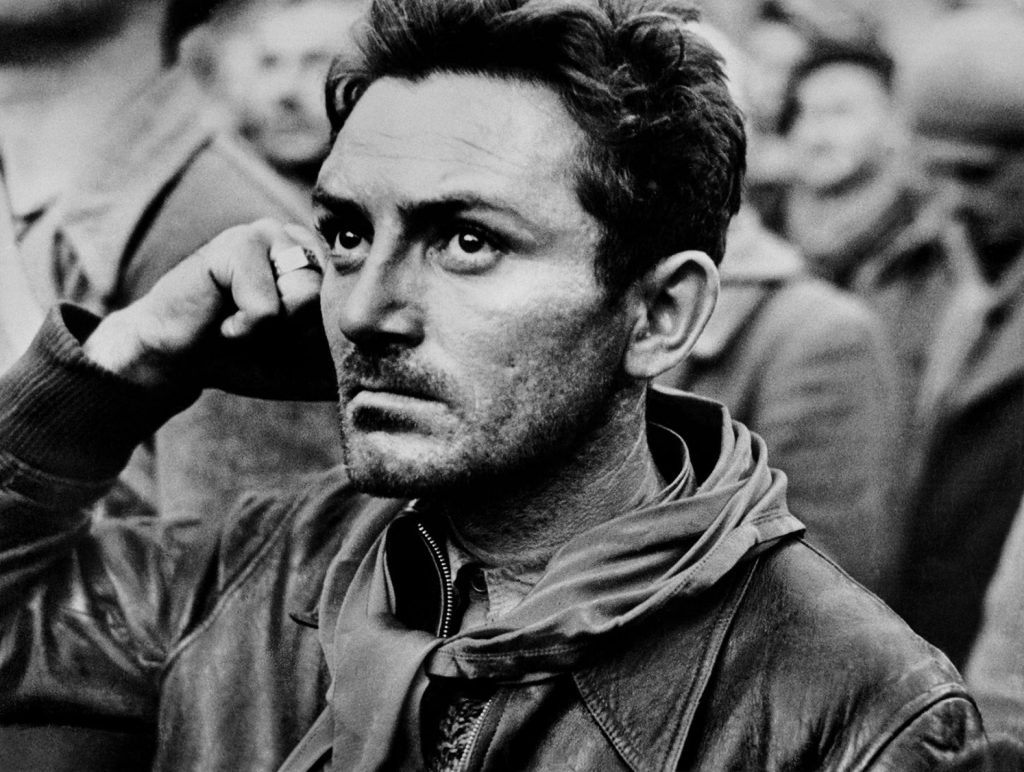
My Party Is The Party Of Aragon by Dorothy Hewett.
Dorothy Hewett was a renowned Australian poet, novelist and playwright, born in the Australian Wheat Belt. She was a member of the Communist Party of Australia for over two decades ultimately resigning over the Soviet intervention in Czechoslovakia in 1968. Her prolific career featured poetry on the lives of working people and the struggle for socialism as well as love and her own experiences.
Here we feature her poem My Party Is The Party Of Aragon, a stunning tribute to working class struggle, art and history on every continent.
Poetry Corner: The Strangest Creature on Earth by Nâzım Hikmet

The Strangest Creature on Earth by Nâzım Hikmet, 1947
The Turkish communist poet Nazim Hikmet was noted to distinguish lyric poems, dedicated to love, from epic poems, dedicated to the action of the popular masses. Here we feature The Strangest Creature on Earth.
Poetry Corner: Full Moon at Tierz – Before The Storming of Huesca by John Cornford
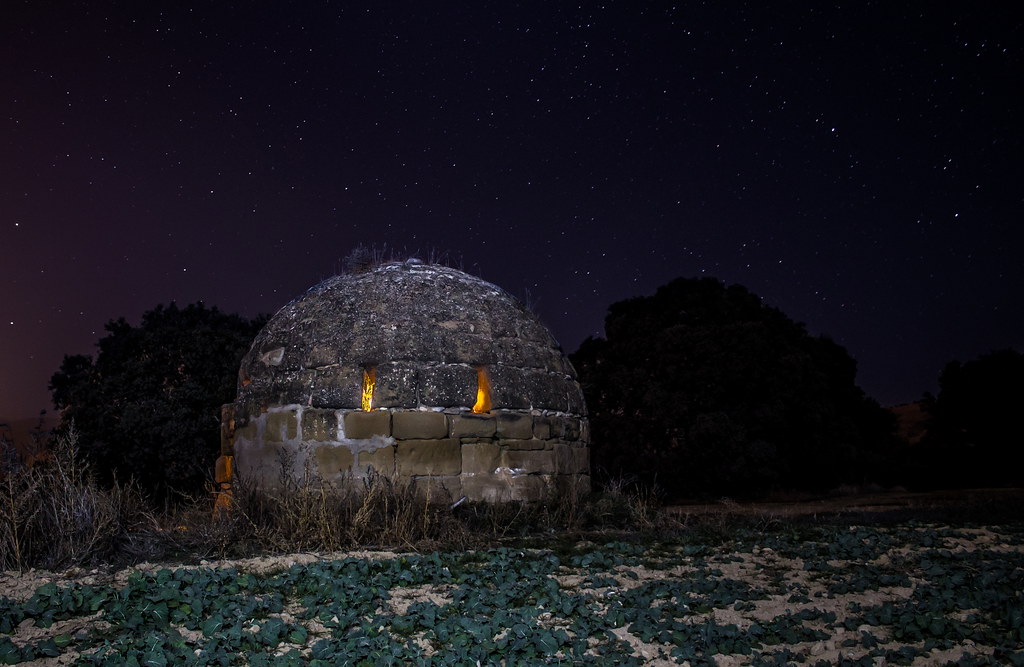
Full Moon at Tierz: Before The Storming of Huesca by John Cornford.
John Cornford from a relatively privileged families and attended Cambridge University. It was at Cambridge that he met and fell in love with Margot Heinemann and where they both joined the Communist Party. John’s mother, Frances Crofts Cornford, was a poet, and he himself was already writing poems at school.
After gaining a BA first-class honours in History, he became the first Englishman to enlist against Franco in the Spanish Civil War and was killed in battle on the Andujar and Cordoba Front on 27 or 28 December 1936.
Cornford wrote just a few poems in Spain, including A Letter from Aragon and the poem featured here Full Moon at Tierz: Before The Storming of Huesca.
Poetry Corner: Why I Choose Red by Hugh MacDiarmid
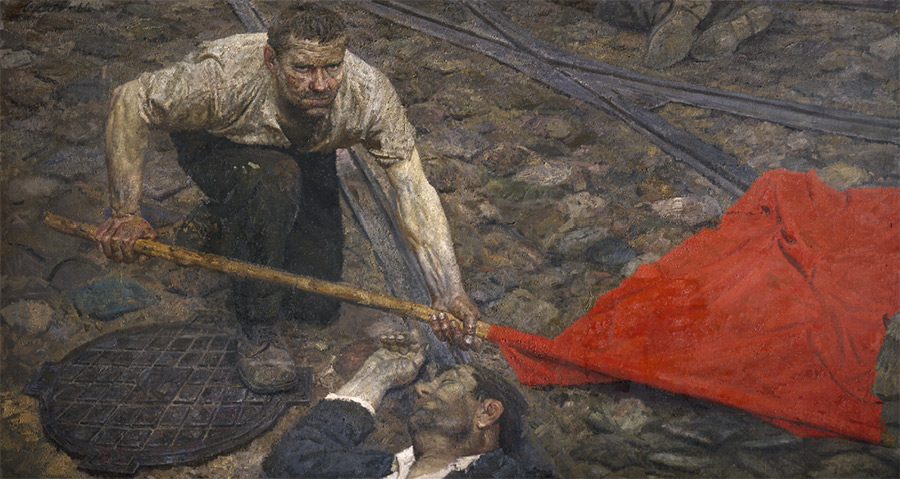
Why I Choose Red by Hugh MacDiarmid
Dr Christopher Murray Grieve, who wrote under the pen-name of Hugh Macdiarmid, was the greatest Scottish poet of the twentieth century. Best-known for what he called “Lallans”, a literary form of the Lowland Scots language that he developed, he also made use of English.
At different stages of his life he was a supporter of Scottish nationalism and communism. Famously, he stood for the Communist Party against Tory Prime Minister, Sir Alec Douglas-Home, in the Kinross & West Perthshire constituency in the 1964 general election, as part of an unsuccessful bid to get television time for the Party. His A Sprig of White Heather in the Future’s Lapel, written for former Communist MP Willie Gallacher on the occasion of the latter’s 80th birthday, is particularly famous among Britain’s Communists.
Here we feature Why I Choose Red, one of McDiarmid’s strongly political poems.
Poetry Corner: The Eyes of Sutjeska by Vasko Popa
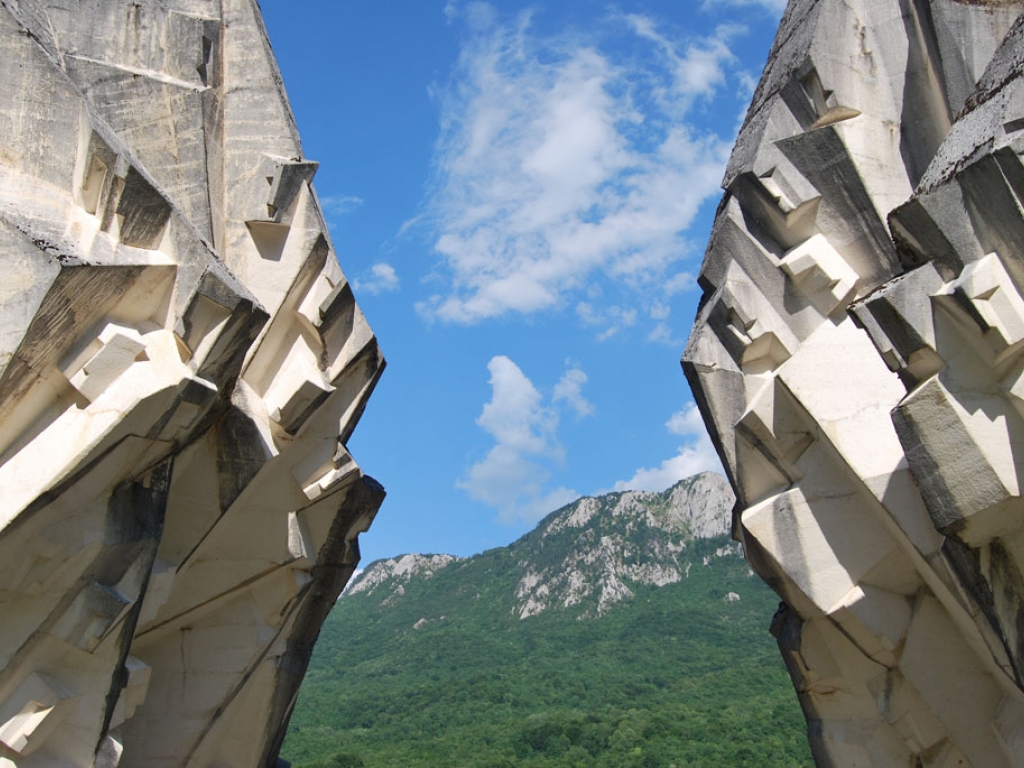
The Eyes of Sutyeska by Vasko Popa
Vasko Popa was a Serbian poet of Romanian descent. Born in modern day Romania, Popa spent his life between Serbia and Romania studying in both Belgrade and Bucharest. His poetic life was often concerned with Socialist Realism, an artistic form which focuses primarily on celebrating socialist life or uplifting the role of ordinary folk in contrast to romantic ideas of aloof heroes and divinely given gifts.
Poetry Corner: Song to Fidel by Ernesto ‘Che’ Guevara
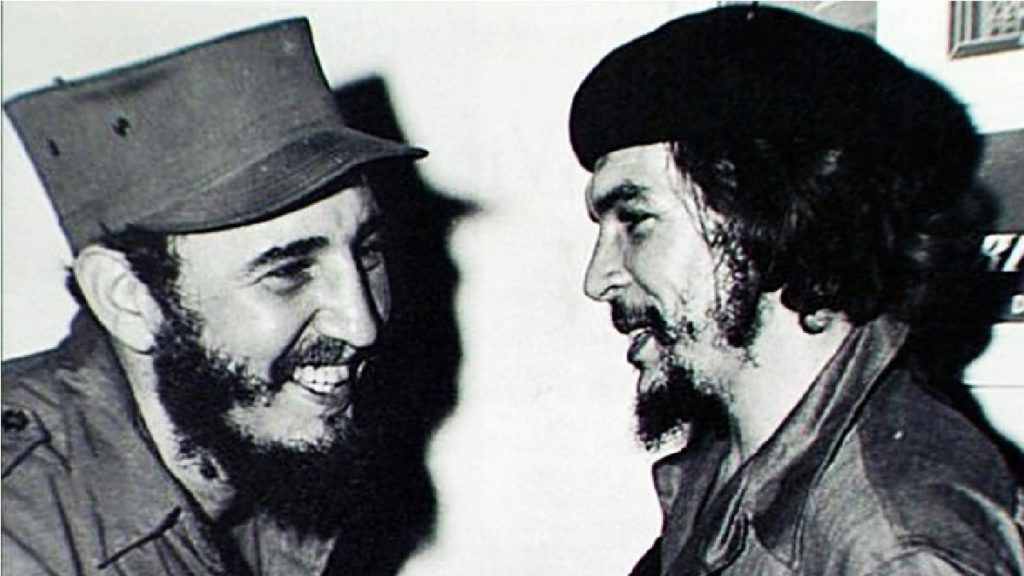
Song to Fidel by Ernesto ‘Che’ Guevara 1956
Che Guevara was an Argentinean-born, Cuban revolutionary leader who alongside Fidel Castro goes down in history as one of the greatest figures of the Cuban Revolution and arguably the 20th Century. One of his portraits, from the lens of Alberto Korda, is one the world’s most reproduced images.
Poetry Corner: Communism is the Middle Term by Bertolt Brecht
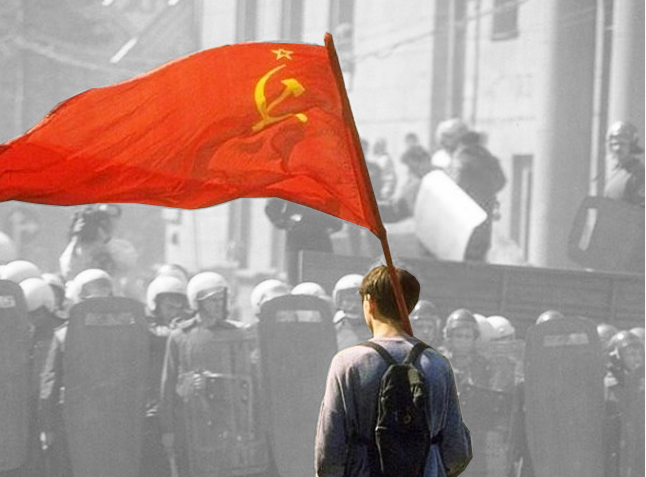
Communism is the Middle Term by Bertolt Brecht.
Bertolt Brecht was a German Marxist poet, playwright and theatre director. Brecht lived through a turbulent era. Narrowly avoiding conscription at 16 during World War One, he worked prodigiously through throughout the period of the Weimar Republic. Brecht was forced to flee with the rise of the Nazis in 1933. He left the USA during the McCarthyite “Red Scare” returning to what was then the German Democratic Republic. He died on the 14th of August 1956.
Poetry Corner: ‘Du Ydwyf, ond Prydferth’/‘Black am I, but Beautiful’ by TE Nicholas/’Niclas y Glais’
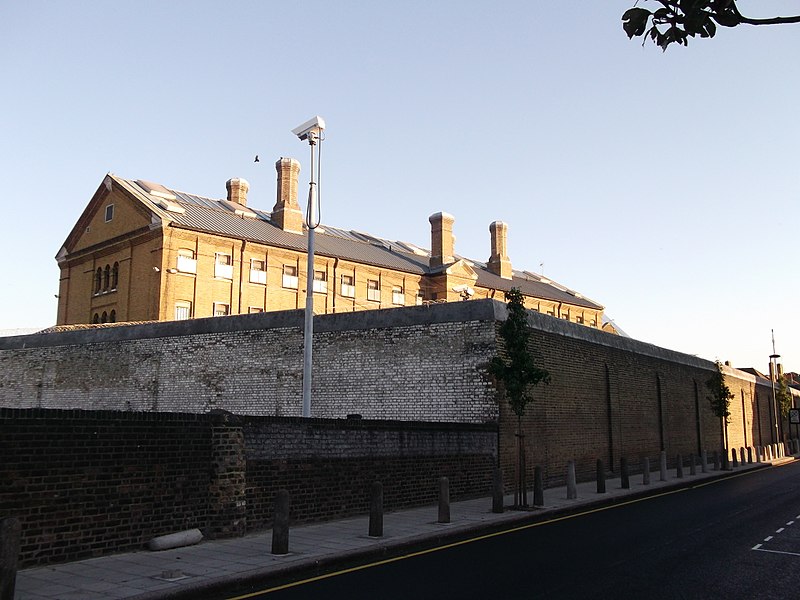
‘Du Ydwyf, ond Prydferth’ (Negro a fu’n cydweithio â ni am wythnos yn y carchar) ‘Niclas y Glais’ (1879-1971)
‘Black am I, but Beautiful’ (A Negro who worked with us in prison for a week) by TE Nicholas (1879-1971).
TE Nicholas ‘Niclas y Glais’, congregational minister, pacifist, champion of the disadvantaged, initially a member of the Independent Labour Party and then a founder member of the Communist Party, remaining in it till his death. Niclas was an internationalist who loved the Welsh language and the culture of the Welsh people. Writing almost entirely in Welsh, he won 17 eisteddfod chairs. In July 1940, during the Second World War, he and his son Islwyn were arrested on trumped-up charges of fascism during his 4-month imprisonment in Brixton, he wrote 150 sonnets, from which the following are selected. aWe present here the original Welsh and the English translation of his work side by side; the latter of course cannot capture the full expression of the former.
Poetry Corner: The United Fruit Company by Pablo Neruda
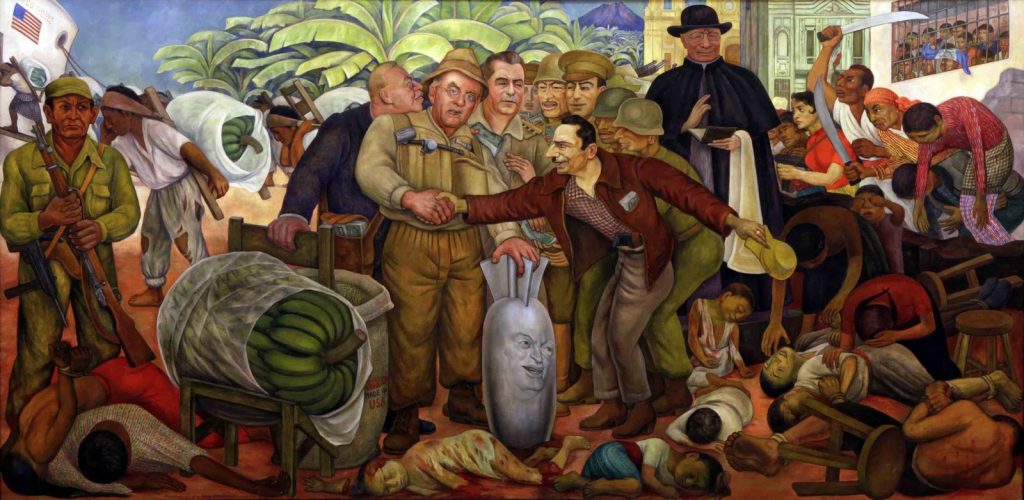
The United Fruit Company by Pablo Neruda , 1950.
Pablo Neruda was a prominent Chilean Communist, as well as a Nobel prize-winning poet in both literature and peace (slightly more deserving than the current warmongering president of the US). Neruda played key roles in two Chilean governments and experienced the outlawing of Communism in 1948 and later became a close adviser to the Socialist President Salvador Allende only to die in hospital of cancer at the time of Pinochet’s US-backed coup.


